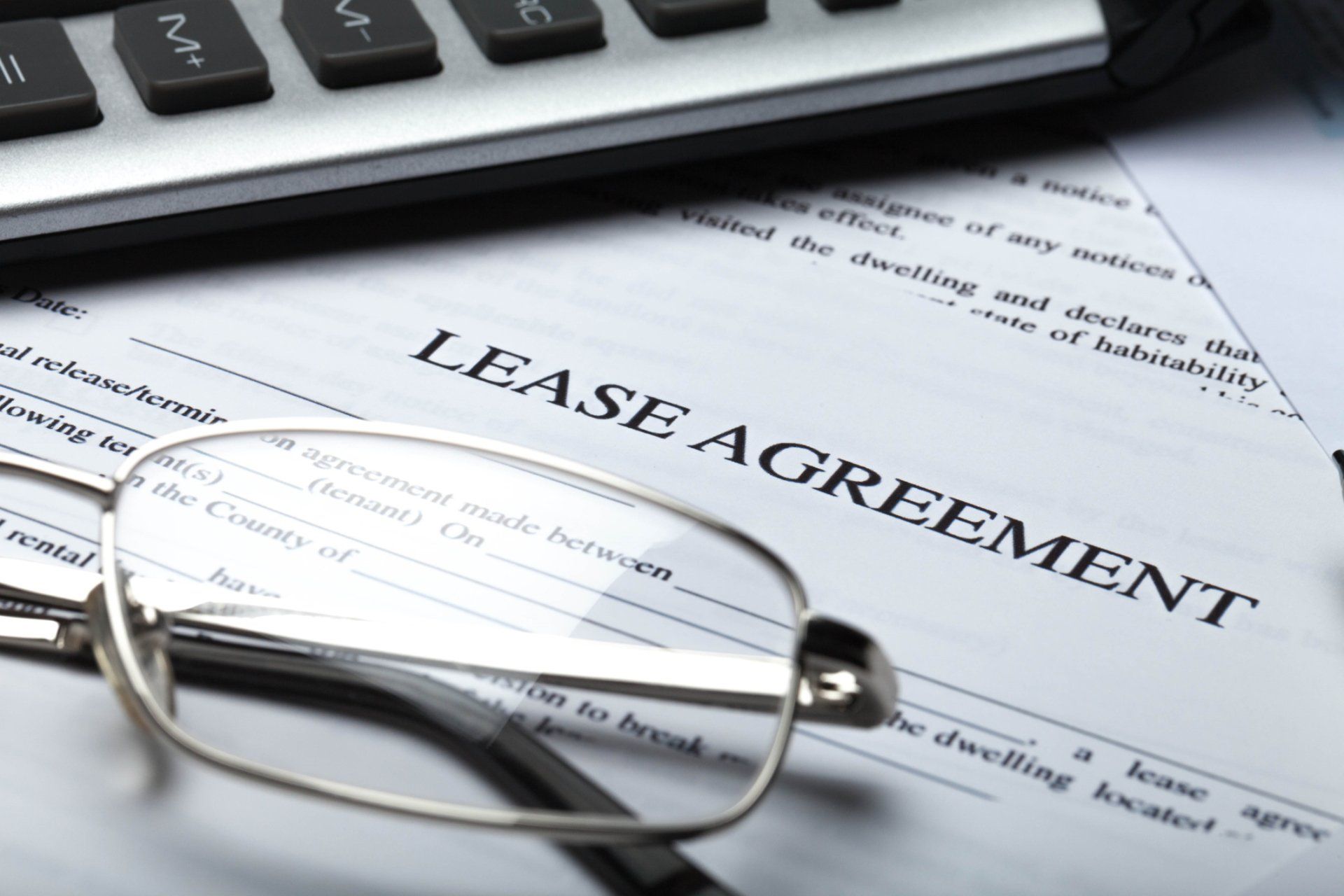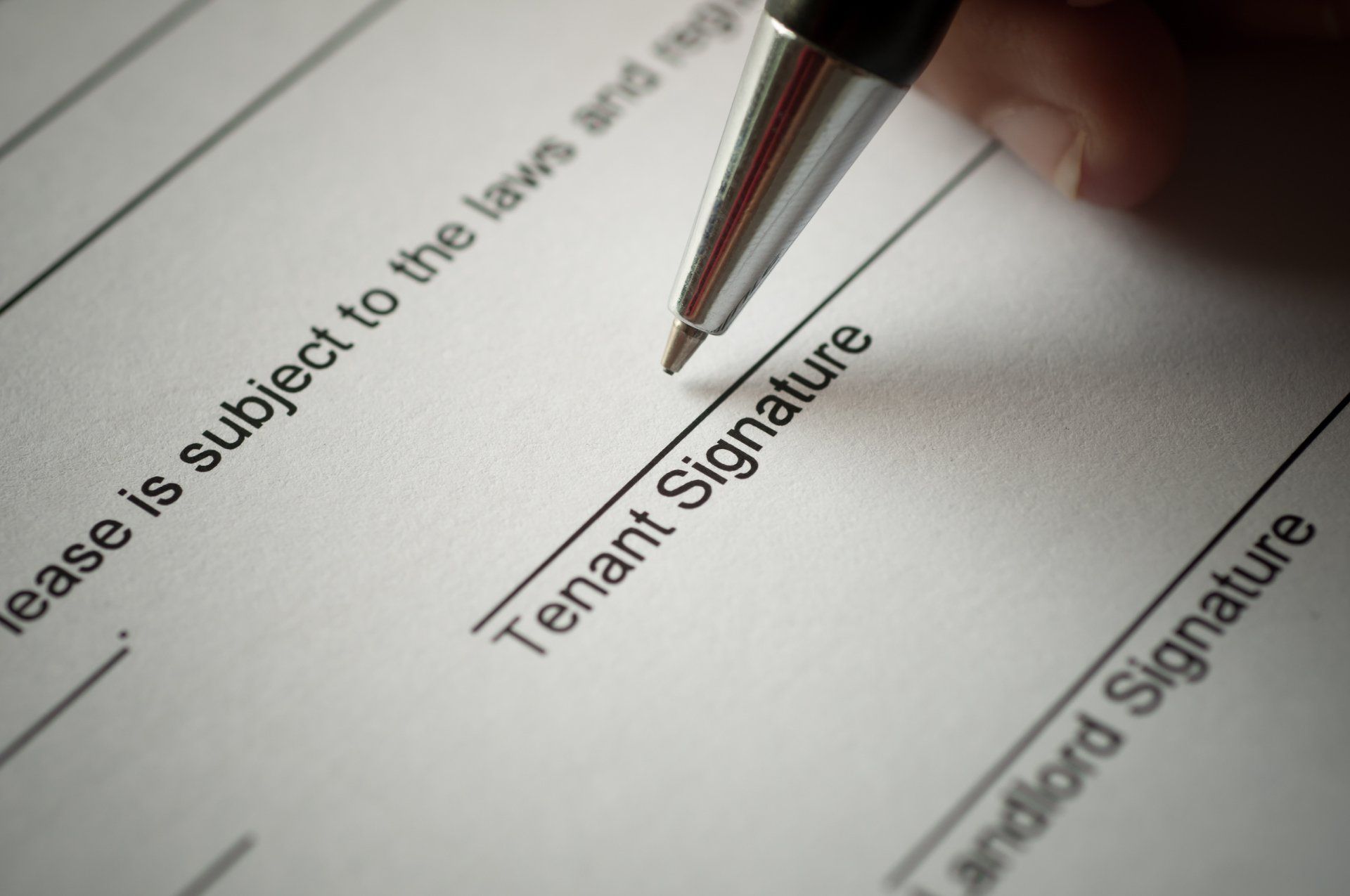Clean and Safe:
Tenants often think they only have to clean up when they move out to avoid getting a deduction from the security deposit. But tenants have a responsibility to keep their rental units clean and safe while they are living in them. However, cleanliness and safety can be quite subjective. Your landlord is not going to know if you don't hang up your clothes every night. So how neat must a tenant be?
"It's based upon a fairly subjective standard imposed by the norms of the community and/or the individual landlord," says Richard Rusdorf, a Certified Property Manager from Phoenix, AZ and co-author of The Landlord's Handbook: A Complete Guide to Managing Small Residential Properties (Read Estate Education Company: 1998). "I remember initiating eviction proceedings against a tenant who never threw out much of anything. Upon an inspection one day, we almost couldn't get into the unit because of all the trash."
Landlords look for filth or unsafe conditions that might be a health hazard, Rusdorf explains. Landlords are particularly worried about rodent or insect infestations that will affect other tenants in the building.
Don't move pests in:
Even if you keep your apartment very clean, your landlord will be pretty upset if you move any pests in with you. How do you move pests in? Your plants could have bug infestations, your cats and dogs might have fleas, and your boxes that were in storage might contain rodents.
Bed bugs have become a problem in the last few years. They show up in 5 star Hotels, Laundromats, and apartment buildings. As soon as you discover bed bugs let us know. If treated quickly it can often be addressed in one treatment. If allowed to get established they can require elimination of all stuffed furniture, and carpet and trim. This may also require repeated treatments costing thousands of dollars. If it is determined that you brought the bedbugs in you can be held responsible for the resulting costs and damages.
Proper use of the facilities:
"One fellow hooked up some sort of hose leading from his bathroom sink to an automatic humidifier and went out of town," recounts Rusdorf as an example. His tenant caused $30,000 worth of damage when the connection leaked to dozens of units below him.
This broad category covers plumbing, electricity, air conditioning, heat, and appliances. It comes down to common sense. Would you flush a dirty diaper down the drain in a house? Common sense should tell you that this would hurt the plumbing. Any object that doesn't belong in the sewer will invoke the ire of your landlord when it turns up in a clogged drain.
Keep things the way you found them:
Punching holes in walls, ripping up carpets, and tearing off closet doors are a few of the many things you could do to get thrown out or lose your security deposit. You also can't enhance the apartment without your landlord's permission. You may think installing a dishwasher in your apartment would make your landlord happy, but this kind of alteration is usually expressly forbidden in most leases. Always ask your landlord before making any type of improvement.
Fix broken things:
If you break it, you're responsible for fixing it--that seems fair enough. But did you know that you can't necessarily leave things broken? For example, your landlord could demand that you fix the window your baseball ventilated, even if you like that type of air conditioning.
Do not disturb other tenants:
Noise is a big problem when you're living in close proximity with neighbors. If you disturb your neighbor's peace and quiet, you could be asked to pack your bags. Of course acceptable noise levels are subjective. But generally, if your noise surpasses the legal limit, you can bet your neighbors will complain and your landlord will ask you to leave.


